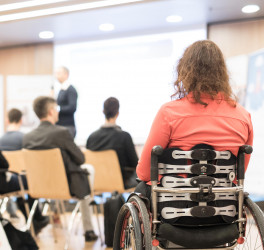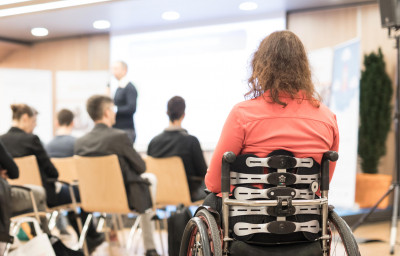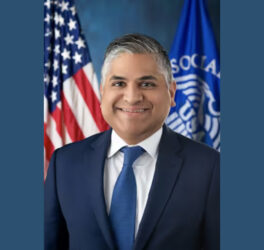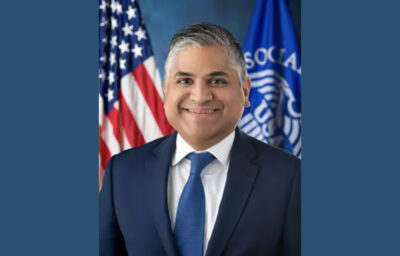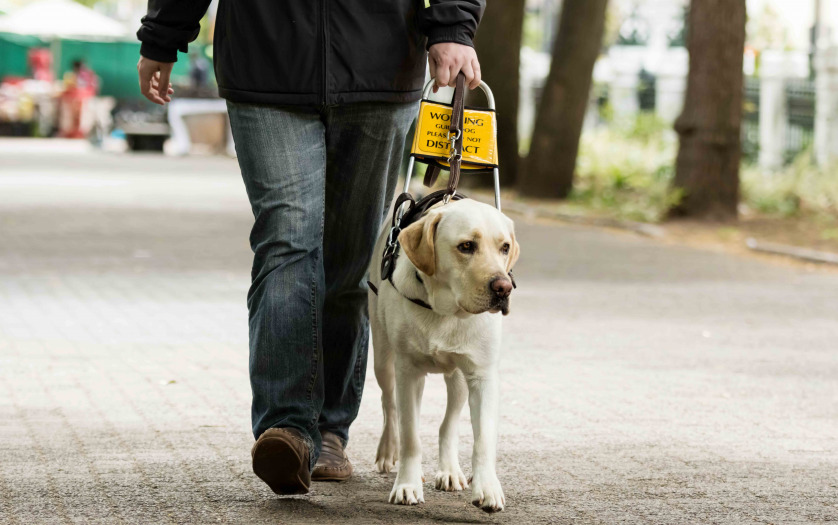
The Independent Monitoring Mechanism (IMM) says that disabled people’s human rights will not be fully realised in Aotearoa unless there is a jointly owned and implemented cross government agency approach.
The IMM released its third general update – Disability Rights: How is New Zealand doing? – a review of progress in implementing the United Nations Convention on the Rights of Persons with Disabilities (Disability Convention), which New Zealand ratified in 2008.
The IMM acknowledges that progress is being made. But it cautions that until government agencies ‘own’ the Disability Convention and work together on its implementation and genuinely consult with disabled people on legislation and policy design, progress will be slow.
“In my view, there is still a quantum leap required to remove disparities for disabled people in New Zealand,” says Chief Ombudsman and IMM member Peter Boshier.
“While the establishment of Whaikaha, the new Ministry of Disabled People, is encouraging, I am mindful that other government agencies still have a responsibility to progress their obligations under the Disability Convention. This report makes clear where government agencies need to focus and ensure agencies give effect to the ‘nothing about us without us’ mantra of the disability community.”
Earlier this year, the IMM held a series of interactive dialogues (fora) between disabled people in New Zealand alongside government to review the implementation of the Disability Convention in Aotearoa, which informed the update report.
An area where specific cohesive action is needed is on consistent data collection and use by the various agencies. The report highlights that housing, education, and employment status factors impact the health of disabled people, and have inter-related barriers. Real-life positive outcomes for disabled people would result if government agencies used consistent data practices across those sectors to identify and resolve the barriers.
IMM Chair Dr. Jonathan Godfrey says, “Closing the equity gaps will require a greater understanding of how to make sure systems do provide equivalent service to all New Zealanders. We need to see changes in the way New Zealand works for and with disabled people”
“Listening to disabled people is the first step in understanding their needs. Not listening is a recipe for failing disabled people, again,” says Dr. Godfrey.
Acting Chief Human Rights Commissioner Saunoamaali’i Karanina Sumeo says that “specific targeted strategies founded on robust partnerships with tāngata whaikaha, whānau hauā and disabled people are needed rather than generic plans that might include them. Lifting disabled people’s standard of living must be prioritised in welfare reforms given the significant proportion of disabled people and tāngata whaikaha Māori affected by poverty.”
“Government-wide, we need agencies to own their obligations to the Disability Convention to improve the daily lives of disabled people. We need to see a growing commitment to cross-government discussions on resolving barriers. The new Ministry will likely be positioning itself to support and strengthen that culture of collaboration,” says Mr Boshier.
Disability Rights: How is New Zealand doing? is being launched in advance ofNew Zealand’s second periodic review by the United Nations Committee on the Rights of Persons with Disabilities, taking place in Geneva from 22 to 24 August 2022.
It is available in accessible Word, Braille, large print, audio, te reo Māori, Easy Read and NZSL on the Chief Ombudsman’s website.

